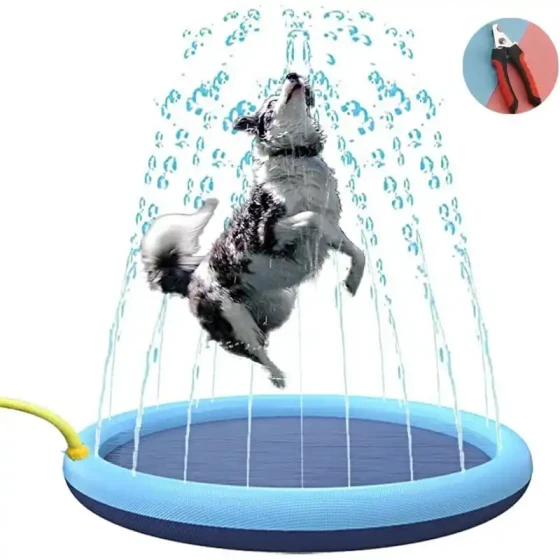How to Treat Excessive Saliva in Dogs? What Are the Causes of Excessive Saliva in Dogs
How to treat excessive saliva in dogs? What are the causes of excessive saliva in dogs? There are many reasons for excessive saliva in dogs; some situations are normal, and of course, it is also possible that the dog has oral diseases. Owners need to analyze the specific situation of their own dogs. The editor has organized several main causes of excessive saliva in dogs for owners to refer to.
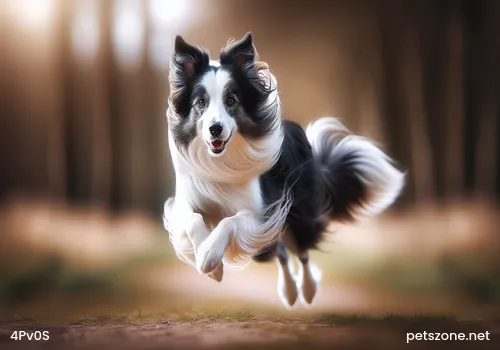
How to Treat Excessive Saliva in Dogs?
1 Excitement, it is normal for dogs to drool when they are excited. When seeing delicious food, it is inevitable to drool; even humans cannot resist the temptation of food. Not only food, but signals from the owner about going for a walk can also excite the dog, causing the mouth to produce a large amount of saliva. This is a conditioned reflex.
2 Teething period, when dogs are growing teeth, continuous stimulation of the salivary glands causes increased saliva secretion. In addition, swallowing function is not fully developed yet, making drooling easy.
3 Exercise, when dogs go out to play and return home, you will see saliva dripping from their mouth corners. It is white and sticky. Actually, this results from the dog’s body heating up due to running and vigorous activity. Dogs must dissipate heat through their tongues, and repeated panting causes saliva to be brought out.
4 Aging, some dogs develop loose skin and many wrinkles on their faces as they age. Their mouths slowly can no longer close completely, which leads to drooling.
5 Motion sickness, dogs, like humans, can suffer from motion sickness or discomfort during car rides. If you find the dog continuously drooling, it is a sign of motion sickness.
6 Nervousness, some dogs have weak constitutions and drool excessively when nervous or trembling. Some dogs rarely go out and develop social anxiety. When approached by unfamiliar dogs, they may become nervous and anxious, leading to drooling, although this situation is relatively rare.
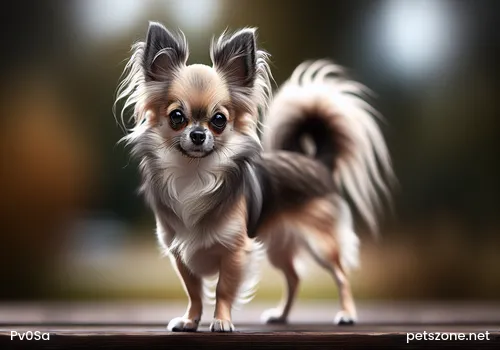
How to Treat Excessive Saliva in Dogs?
All the above saliva drooling situations are normal, so owners do not need to worry too much. However, besides these reasons, the following situations should be paid attention to.
Pathological cause 1 Oral diseases
If the dog has oral diseases such as periodontitis, throat and esophagus diseases like esophageal foreign bodies, or mandibular fractures, excessive drooling will occur. Regular dental cleaning is necessary to maintain oral hygiene.
2 Separation anxiety
Many dogs are deeply dependent on their owners. Once the owner leaves or goes out of sight, the dog will develop psychological anxiety, showing symptoms like barking or drooling. Some dogs rarely go outside and drool when other dogs approach due to fear. They even drool nervously when smelling the scent left by other dogs, but they do not drool when alone at home.
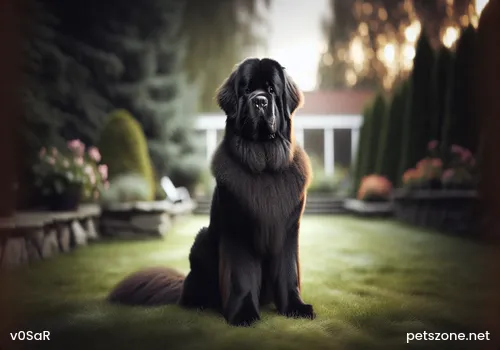
How to Treat Excessive Saliva in Dogs?
3 Poisoning
If a dog accidentally ingests toxic substances, it will exhibit symptoms such as excessive drooling, rapid heartbeat, vomiting, diarrhea, and trembling.
Solution
If the cause is physiological, then excessive drooling is normal, and there is no need to worry. But if it is pathological, the real cause must be found and treated accordingly, or consult a veterinarian. For many dogs that drool a lot, hydration is important. Owners can carry a saliva towel to wipe the dog's mouth. Generally, large breeds drool more than small breeds. Also, some breeds naturally drool a lot, such as Bulldogs, Chow Chows, and Mastiffs.


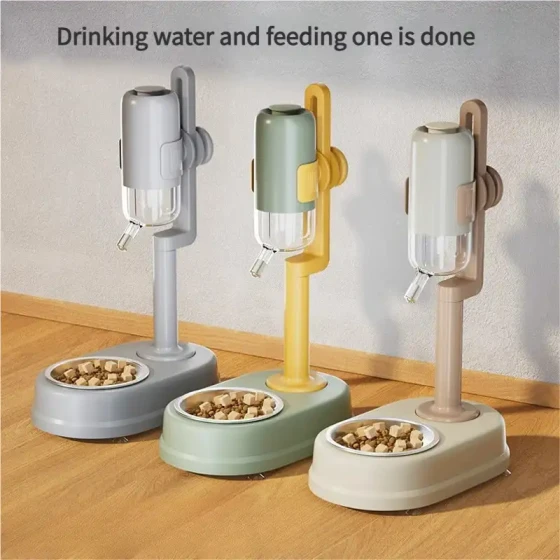

-560x560.webp)
